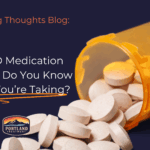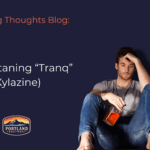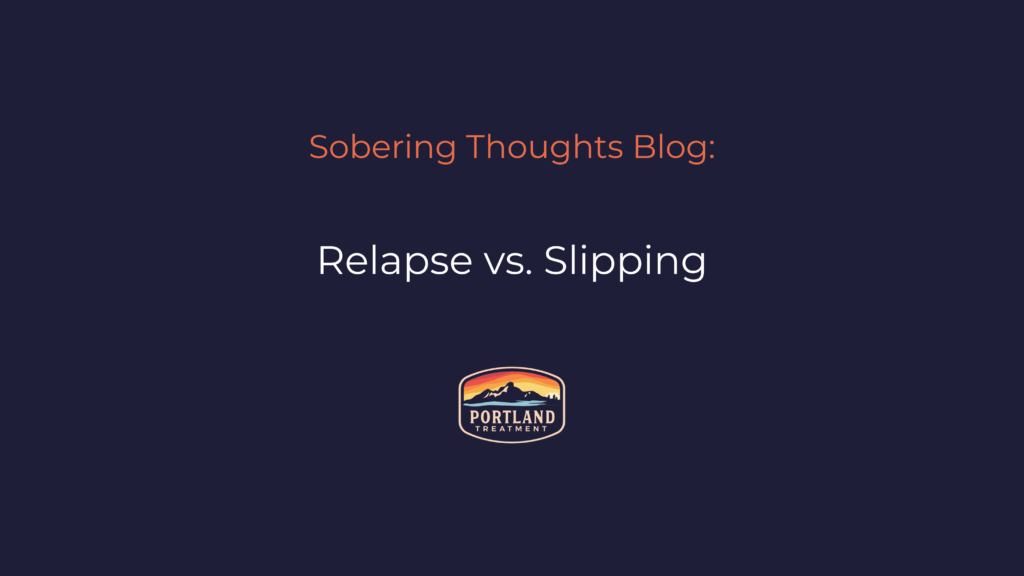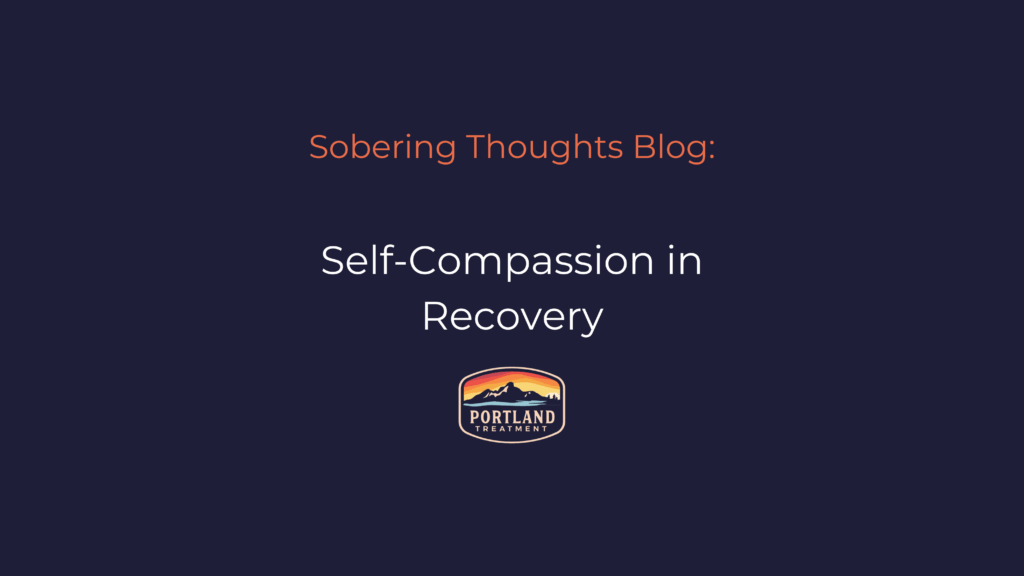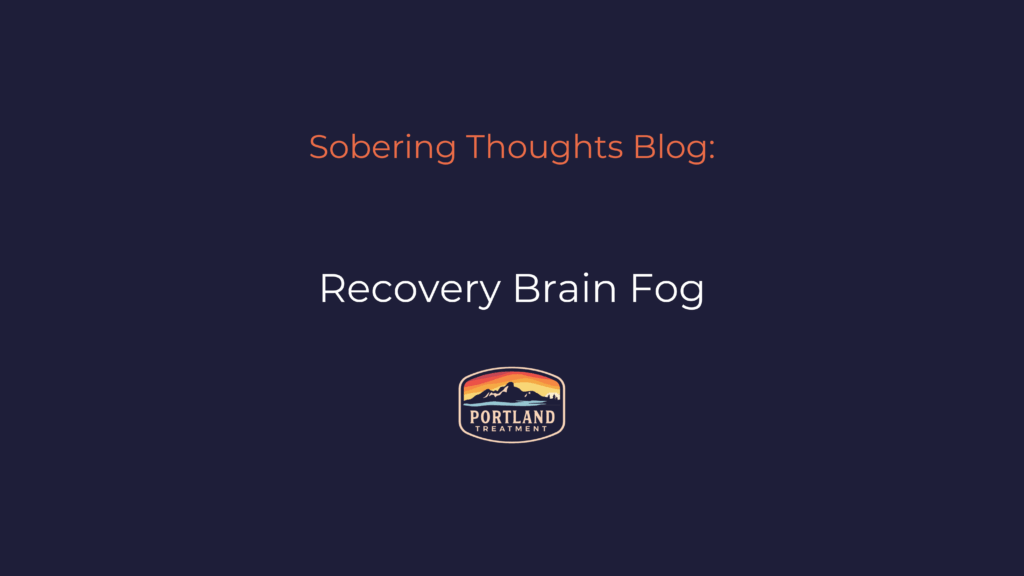Ambien, known generically as zolpidem, is prescribed to help people with insomnia get the rest they need [1]. Alcohol is a depressant that many of us drink socially [2]. Each of these substances slows down brain activity [3]; when they’re used together, the effects aren’t simply additive: they interact in ways that can be unpredictable and dangerous [4]. At …
Ambien, known generically as zolpidem, is prescribed to help people with insomnia get the rest they need [1]. Alcohol is a depressant that many of us drink socially [2]. Each of these substances slows down brain activity [3]; when they’re used together, the effects aren’t simply additive: they interact in ways that can be unpredictable and dangerous [4]. At Portland Treatment, we’ve watched too many people struggle with the fallout of combining Ambien and alcohol, and we’re here to offer safe, compassionate help.
Why Mixing Ambien and Alcohol Is a Risky Choice
Both Ambien and alcohol depress your central nervous system, the control center for your breathing, heartbeat and coordination [3]. When the medication and alcohol overlap in your body, you may experience more than just sleepiness. People report intense lethargy and confusion [5], episodes where they can’t remember what happened [6], and dangerously slow breathing or low blood pressure [4]. With your balance and motor skills compromised [5], falls and accidents become more likely. In the worst cases, this combination can lead to a life‑threatening overdose [4].
Even a single drink can amplify the sedative effect of Ambien [5], and because the medication remains active in your system for several hours, the safest approach is to avoid alcohol entirely while you’re taking it.
What You Might Feel in the Moment After | Ambien and Alcohol Interaction
Shortly after taking Ambien with alcohol, you might notice pronounced dizziness [5], have trouble speaking clearly or making sound decisions [5], and feel nauseous [7]. Some people get very sleepy or even pass out unexpectedly [4]. These reactions are signs that your body is overwhelmed. If you find yourself or someone else in this situation, seek medical help immediately.
Over Time, the Toll Grows When Mixing Ambien and Alcohol
Repeatedly combining Ambien and alcohol can set the stage for substance use disorder [8]. Your brain and body adapt, so you need more to achieve the same effects. Cognitive issues, like memory lapses and trouble focusing, can develop [6]. The strain on your organs increases: alcohol can damage the liver, and the compounding depressant effects may stress your kidneys and heart [9]. Your mental health can suffer as well, worsening anxiety, depression or sleep problems over the long run [10].
When to Reach Out for Help for Ambien and Alcohol
If this combination has become part of your routine, don’t wait until things get worse. Some warning signs include needing a pill or a drink to fall asleep, taking your medication earlier or drinking more than you intend, or noticing withdrawal symptoms when you try to cut back [8]. Family and friends might express concern about your substance use. All of these are red flags that it’s time to seek support.
Recovery from Ambien and Alcohol
Stopping either Ambien or alcohol on your own can be dangerous. The safest way forward is to work with professionals who understand how to manage withdrawal [8]. At Portland Treatment, we help people map out a personal recovery plan that fits their needs. Depending on your situation, the continuum of care may include:
- Medical Detox [11]
- Residential Treatment [12]
- Day‑Long Partial Hospitalization Programs (PHP)
- Intensive Outpatient Programs (IOP)
- Medication‑Assisted Treatment to manage cravings [13]
- Recovery Housing and Sober Living arrangements, and ongoing aftercare.
Our approach doesn’t just address the substance use. We work with clients to uncover the reasons they started combining Ambien and alcohol in the first place, whether it’s untreated insomnia, anxiety, depression or trauma [10]. By dealing with those underlying issues, people are more likely to sustain recovery.
Frequently Asked Questions About Mixing Ambien and Alcohol
Can you drink alcohol while taking Ambien?
No. Ambien and alcohol both depress the central nervous system, and even a small amount of alcohol can intensify the medication’s sedative effect and raise the risk of overdose [5].
How long after taking Ambien can you drink alcohol?
Ambien remains active in your body for several hours. To avoid dangerous interactions, don’t consume any alcohol until the medication has completely worn off [5][4].
Is mixing Ambien and alcohol addictive?
Yes. Both substances can cause dependence on their own. When used together, the risk of addiction increases [8].
Can you overdose on Ambien and alcohol?
Yes. Combining these depressants can slow your breathing and heart rate to fatal levels [4]. Seek immediate medical help if you suspect an overdose.
What’s the safest way to stop using Ambien and alcohol?
Quitting abruptly after using these substances regularly can lead to severe withdrawal symptoms. It’s safest to get professional help so you can taper off under medical supervision [8].
If you or someone you love is struggling with this combination, Portland Treatment’s compassionate team is here to help you start on the path to recovery.
Sources
- U.S. National Library of Medicine. (2023). Zolpidem: MedlinePlus Drug Information. Retrieved from https://medlineplus.gov/druginfo/meds/a693025.html
- National Institute on Alcohol Abuse and Alcoholism. (2021). Alcohol’s effects on the body. Retrieved from https://www.niaaa.nih.gov/alcohols-effects-health/alcohols-effects-body
- National Institute on Drug Abuse. (2020). Drug facts: Understanding drug overdoses. Retrieved from https://nida.nih.gov/publications/drugfacts/understanding-drug-overdoses
- U.S. Food and Drug Administration. (2019). FDA Drug Safety Communication: Risk of next-morning impairment after use of insomnia drugs. Retrieved from https://www.fda.gov/drugs/drug-safety-and-availability/fda-drug-safety-communication-risk-next-morning-impairment-after-use-insomnia-drugs
- Mayo Clinic. (2022). Zolpidem (oral route). Retrieved from https://www.mayoclinic.org/drugs-supplements/zolpidem-oral-route/description/drg-20061195
- National Institutes of Health. (2021). Cognitive effects of sedative-hypnotics. Retrieved from https://pubmed.ncbi.nlm.nih.gov/
- U.S. National Library of Medicine. (2021). Alcohol and medication interactions. Retrieved from https://pubmed.ncbi.nlm.nih.gov/
- Substance Abuse and Mental Health Services Administration. (2022). Key substance use and mental health indicators in the United States. Retrieved from https://www.samhsa.gov/data/
- National Institute on Alcohol Abuse and Alcoholism. (2021). Alcohol-related organ damage. Retrieved from https://www.niaaa.nih.gov/alcohols-effects-health/alcohol-related-organ-damage
- American Psychological Association. (2020). Alcohol and mental health. Retrieved from https://www.apa.org/topics/alcohol
- American Society of Addiction Medicine. (2020). ASAM criteria for withdrawal management. Retrieved from https://www.asam.org/quality-care/clinical-guidelines
- National Institute on Drug Abuse. (2021). Principles of drug addiction treatment: A research-based guide. Retrieved from https://nida.nih.gov/publications/principles-drug-addiction-treatment-research-based-guide-third-edition
- U.S. Food and Drug Administration. (2023). Approved medications for substance use disorders. Retrieved from https://www.fda.gov/drugs/information-drug-class/medications-assist-treatment-substance-use-disorders


